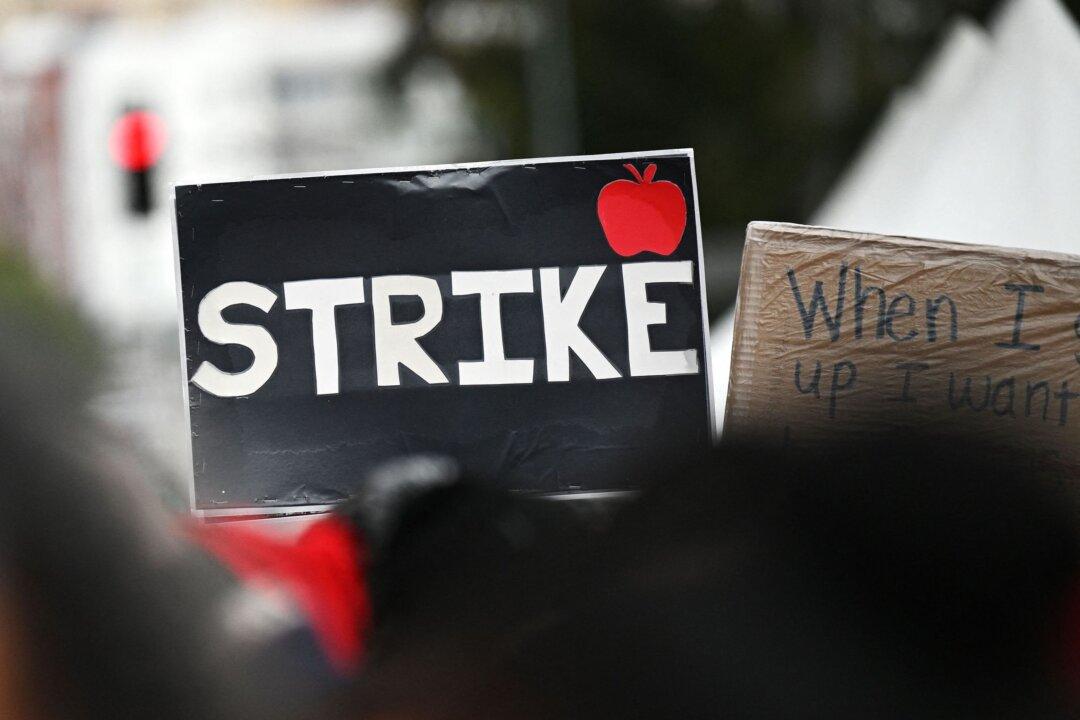Commentary
For 36 years, all but three as a private-sector journalist, I’ve been fighting for the democratic rights of Californians against the powerful, non-democratic public-employee unions. It’s been wearying. There have been few victories.

For 36 years, all but three as a private-sector journalist, I’ve been fighting for the democratic rights of Californians against the powerful, non-democratic public-employee unions. It’s been wearying. There have been few victories.